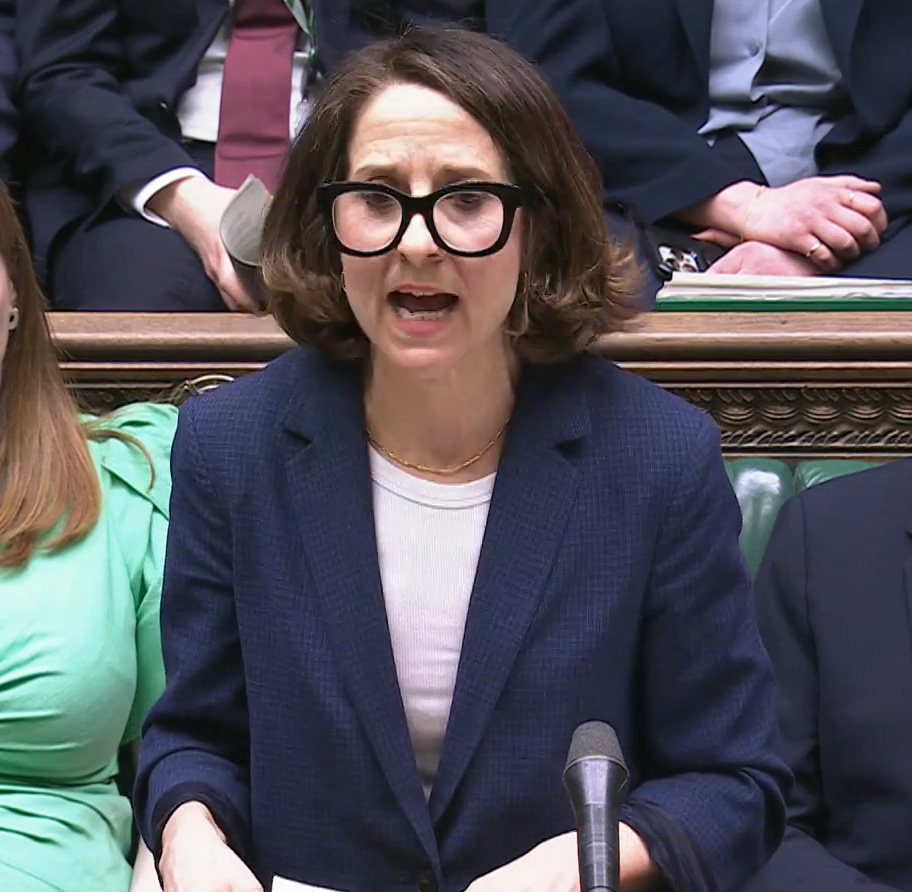
Charities and pharmacists are calling for a complete review of the medicine supply chain as shortages continue to put people’s health at risk.
Epilepsy Action, Epilepsy Society, SUDEP Action and Parkinson’s UK joined with the Association of Independent Multiple Pharmacies to warn the government that unless there is greater openness with drug manufacturers, medicine shortages will continue to cause harm to patients.
A survey from the charities found 70% of respondents had difficulties getting hold of medication in the past year. The same survey found 22% had experienced problems in the last month.
More than half (55%) needed to visit multiple pharmacies before getting hold of their medication, and two-thirds were only given a fraction of their prescription.
The Association of Independent Multiple Pharmacies added that community pharmacists were spending two hours every day trying to track down potentially life-saving medications for patients.
The charities and pharmacists are calling for an urgent meeting with the UK health secretary, Victoria Atkins.
Epilepsy Action deputy chief executive Rebekah Smith said: “The journey to finding the right medication is often a tough one for people with epilepsy. When they do find it, they should not have to fear the security it gives being taken away by factors totally out of their control.
“They shouldn’t have to be anxious about running out of their medication and not being able to find the next dose. They shouldn’t have to travel miles and miles to find it. They shouldn’t have to worry about switching to a different one that could bring side effects, not keep their seizures under control, or even cause a breakthrough seizure when they’ve not had one for years.
“Our helpline team has listened to the worries and struggles of so many people this year. They deserve to know why this is happening, and when it’s going to get solved.
“We need clarity on the causes and a straight answer on how this issue is going to get tackled, and this is why we’re joining other charities and associations in calling on the government to take action, now.”
Chief executive of the AIMP, Dr Leyla Hannbeck, echoed Smith’s calls for more transparency.
She said: “The medicines supply chain is broken at every level and unless the Department of Health reviews its processes and procedures, we will never achieve the stability that will guarantee patients their prescription when they need it.
“The UK has a smaller medicines budget than anywhere else in Europe or the US. The NHS is continually driving down the price of medications, which means that manufacturers prefer to sell outside of the UK where they can make a better profit.
“The system is overly complex and shrouded in secrecy – what we need is openness and transparency. Pharmacists are in the same position as patients – we are at the end of the supply chain but are the last people to find out about medication shortages. Consequently, we are unable to plan in advance and support the people who rely on us for their medications.”
Responding to the calls, a Department of Health and Social Care spokesperson said: “We have taken swift action with NHS England and other stakeholders to improve the supply of epilepsy medications and access to some has already improved while we expect supplies of others to improve in the coming months.
“We have issued guidance to health professionals on how to support patients while supply is disrupted.”
To stay up to date with medicine shortages, follow our Drugwatch.
See coverage of the story on Channel 5 here
More articles



